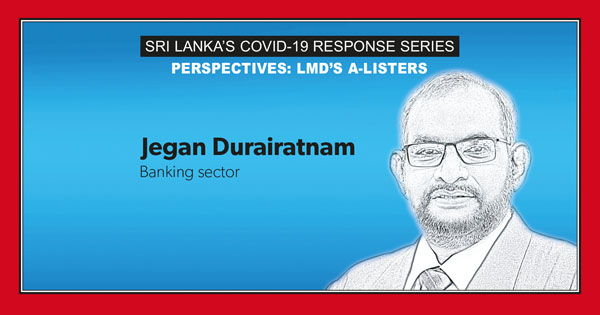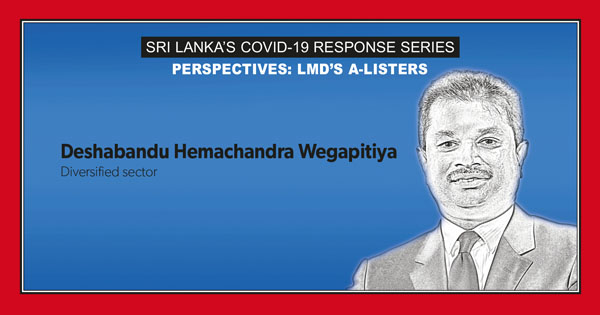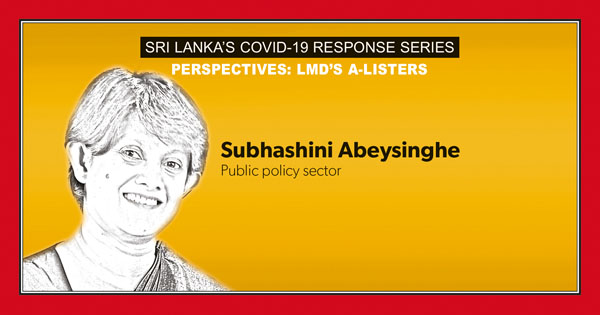SECURITY WILL BECOME MAINSTREAM
A: Compared to other nations, Sri Lanka, has undoubtedly made great progress. Among the positives are that people are confident, safe and more settled in facing the pandemic. If the situation had gone out of control at the early stages, panic would have set in and rational decision making would’ve been difficult.
Armed with more knowledge on the scenario along with confidence in our ability, the people will be more resilient in the future. In the meantime, the healthcare authorities have also had time to identify the relevant gaps and bridge them, thereby establishing the facilities and care needed for any eventuality.
However, this has come at a cost to the economy and livelihoods.
Needless to say, the economy has taken a tumble and resulted in burdening many working people, with reduced earnings, job losses and uncertainties. Daily wage earners have had their share of difficulties whilst businesses have struggled to balance how to safeguard people and stay afloat, amid tight cash flows and falling revenue streams.
However, the overall positivity in Sri Lanka is key to winning the economic war, following any adversity including COVID-19.
Q: In your view, how should the authorities balance the twin imperatives of safety and the economy?
A: Most often, if people feel insecure their mindset becomes unsettled, and perceptions turn negative and fearful. This has a direct impact on the economy through their behaviour and habits from spending to productivity. Usually, when calamities and adversities strike, it takes a while for people to align with reality, understand the situation, come to terms with it and invent a response.
Therefore, it’s imperative that a positive mindset is inculcated in people and an initial win over is established. We can then move on to creating economic upliftment or resurgence – a sort of ‘U’ scenario in the face of adversity.
Once the bottom tapers off, we should have positive programmes to jolt the mindset towards uplifting the economy. This might be difficult to execute so either an obvious lag effect of the economic recovery programme or some level of precedence to the safety and health programmes might be the right path to tread. In this instance, I feel that we’re properly focussed.
At this juncture, we could also launch programmes for direct economic recovery and positive sentiment to move the country forward as a whole.
Q: How do you see the ‘new normal’ for business panning out?
A: Digitisation based customer centricity will be the new norm.
At one end of the spectrum, businesses must be very vigilant and focussed, to understand the direction customers are moving in and the changes in their behaviour. Organisations can therefore reposition their offerings and be relevant to consumers. At the other end, this calls for embracing digitisation to leverage on opportunities and proceed on this journey seamlessly.
In-between lie the new normal parameters that customers may want and expect – such as convenience, speed, collaborative mechanisms, gig economy-based outcomes and so on. A brand’s value yesterday might not be adequate even though it’s definitely a solid stand to take off.
More focus on cloud based applications, remote working options, gig economy centred action and efficiency based total factor productivity applications in manufacturing are among the other imperatives to progress. Health and safety based applications, products and processes may stand out from the rest.
Security will become mainstream as the data driven future likely becomes the way forward – speed, efficiency, cost and flexible delivery mechanisms will take precedence and erode orthodox mindsets.
Having said this, these major changes might not be executed overnight but take shape gradually. However, for the majority in the short term, it might be more a reaction to conserve cash and be more vigilant.
[wprpw_display_layout id=2]






